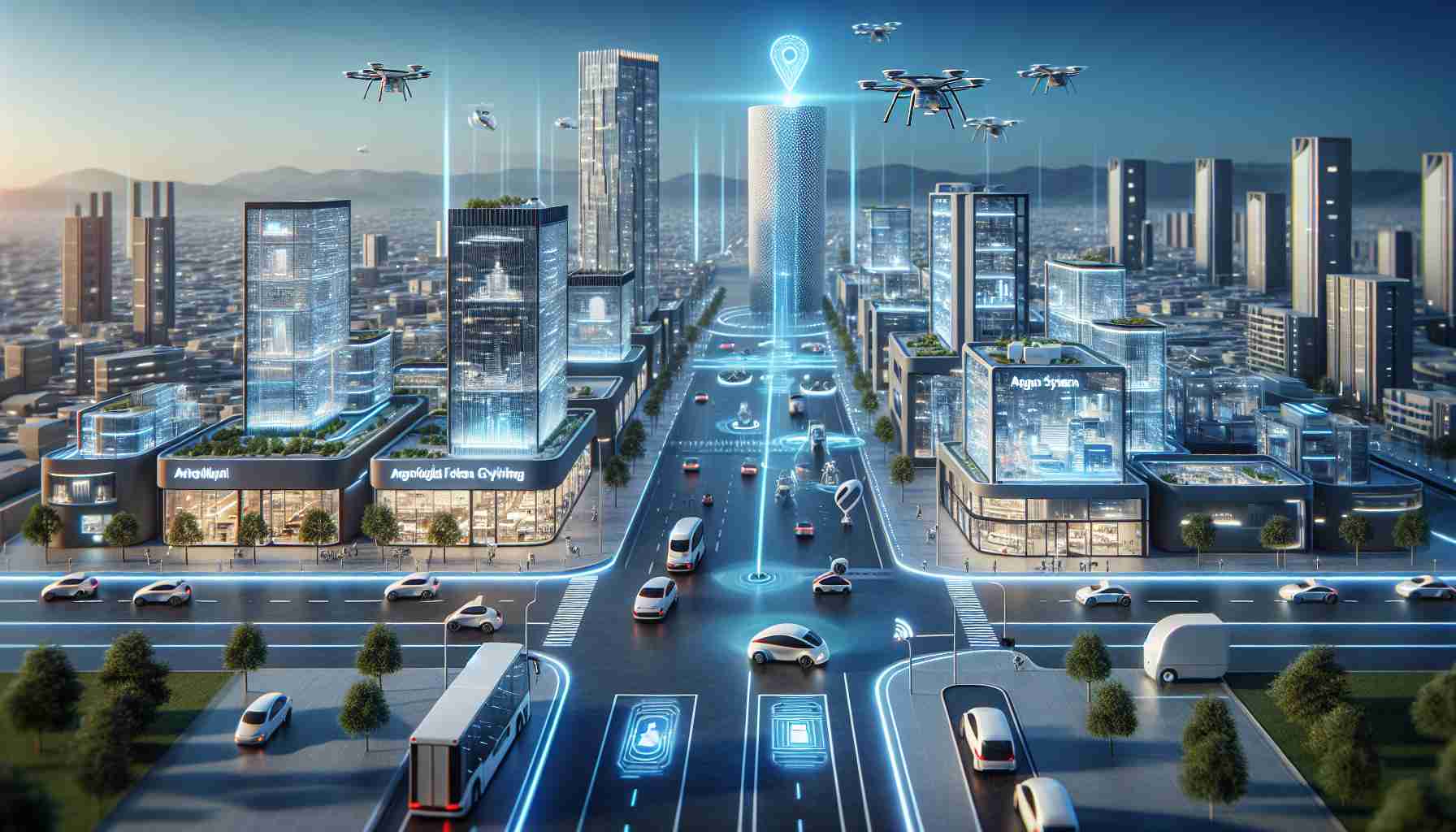- Quantum computing, using qubits and principles like superposition and entanglement, offers exponential speed and efficiency gains compared to classical computing.
- Breakthroughs in cryptography, AI, and drug discovery are expected as quantum computing enables processing of vast information simultaneously.
- Quantum encryption offers unmatched security, potentially making current encryption methods obsolete by using quantum key distribution (QKD).
- Quantum information technology has the potential to transform various industries, impacting logistics, communications, and more.
- Adoption of quantum technologies marks a paradigm shift towards a secure and efficient future in data processing and protection.
In the ever-evolving landscape of technology, quantum information stands as a harbinger of the next big leap in data processing and security. Unlike classical computing, which relies on bits, quantum computing utilizes quantum bits or qubits, promising exponential advances in speed and efficiency.
Breaking the Barriers of Speed
Traditional computers, constrained by binary limitations, are increasingly unable to meet the demands of modern data. Quantum computing, however, thrives on principles of superposition and entanglement, allowing for the simultaneous processing of vast amounts of information. This could lead to breakthroughs in fields like cryptography, AI, and drug discovery, accelerating tasks that once seemed insurmountable.
Unrivaled Security Measures
In terms of data protection, quantum information is set to redefine standards. Quantum encryption, utilizing principles like quantum key distribution (QKD), promises unparalleled levels of security. This could eventually render current encryption methods obsolete, protecting sensitive information from even the most sophisticated cyber-attacks.
A Gateway to Future Technology
The development and application of quantum information technology stand poised to impact not just computing, but industries worldwide. From optimizing complex logistics to revolutionizing communications, the potential applications are vast and varied. As research progresses, the line between science fiction and reality continues to blur.
In summary, quantum information is not just a technological advancement; it’s a paradigm shift towards a future where data is processed and protected in ways previously unimaginable. Embracing this change could lead to unprecedented advancements and solutions to some of the world’s biggest challenges.
The Quantum Leap: How Quantum Information is Reshaping Our World
New Innovations and Trends in Quantum Information
Quantum information is quickly transforming from a theoretical concept into a pivotal force across multiple industries. Here’s what’s new and noteworthy in this revolutionary field:
– Innovations in Quantum Computing Hardware: Trade-offs between scalability and functionality are being addressed. The development of more stable qubits and error-correction techniques is pushing quantum computing closer to mainstream adoption.
– Use Cases in Critical Industries: From molecular simulation for drug discovery to enhancing machine learning algorithms, practical applications of quantum computing are expanding. Financial services are employing quantum algorithms for risk analysis and portfolio optimization.
– Security Aspects: Quantum cryptography is not only enhancing secure communications but is also vital in national security arenas where preventing espionage is crucial.
– Sustainability in Quantum Tech: Researchers focus on reducing the energy consumption of quantum computers, making them more eco-friendly compared to classical supercomputers.
Essential Questions on Quantum Information
1. What are the limitations of current quantum computers?
While quantum computers promise unprecedented capabilities, they are not without challenges. Current quantum computers face issues with qubit stability, known as decoherence, as well as significant error rates due to environmental interferences. The complexity of building scalable quantum systems that maintain coherence for longer durations remains a significant hurdle. Furthermore, quantum computing requires significant energy input, although efforts are ongoing to address these inefficiencies.
2. How soon can consumers expect quantum technology to impact daily life?
Although transformative, quantum technology’s direct impact on daily consumer life may take a while. Industries like pharmaceuticals, finance, and telecommunications will likely experience the earliest benefits, improving computational tasks and security infrastructure within the next decade. The consumer-level impact will be contingent on how quickly these foundational improvements translate into services and products accessible to the general public.
3. How does quantum information impact data privacy and encryption?
Quantum information fundamentally alters data privacy through quantum encryption technologies like QKD. This method offers virtually unbreakable encryption keys, as any eavesdropping attempts on a quantum channel alter the state of the qubits, alerting the intended parties. This makes quantum encryption a cornerstone for future data protection, addressing vulnerabilities prevalent in traditional encryption techniques.
Explore More on Quantum Information
For a deeper dive into quantum computing and related technologies, explore these informative resources:
– IBM Quantum Computing
– Nature Research
– NSA (Quantum Defense Research)
Through continuous innovation and an expanding array of applications, quantum information is poised to redefine the landscape of technology as we know it. With a foundation in both scientific advancement and strategic implementation, the road to a quantum-fueled future is promising and exciting.
The source of the article is from the blog tvbzorg.com

















